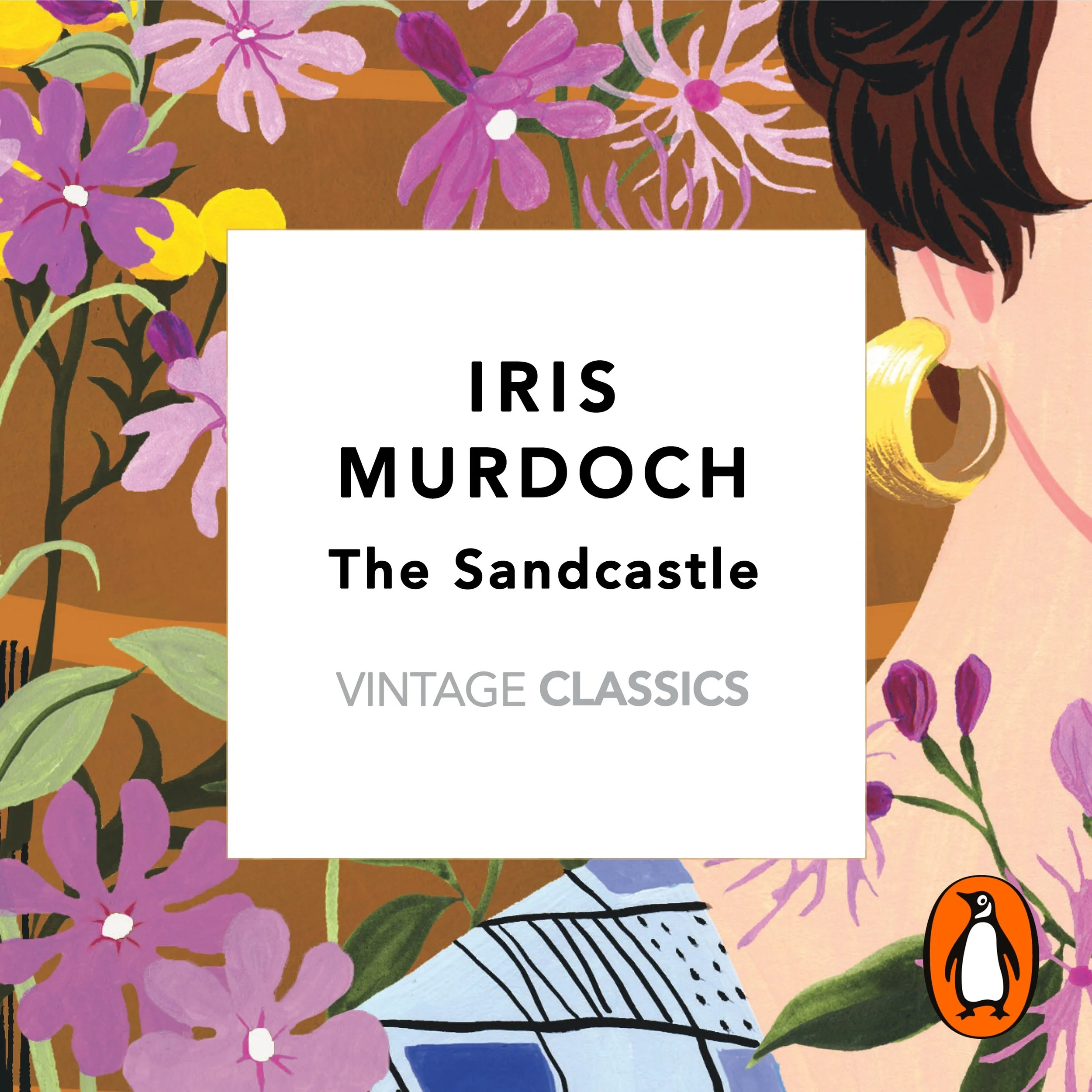Iris Murdoch on Love
‘Love names so many dissimilar things that one wonders why they are classed together’.
From first to last, Murdoch’s novels revolve around love in all its forms: unrequited, destructive, debasing, exalting, parental, erotic, sensual, incestuous … and more. And why should we be surprised? Murdoch wanted to reinvigorate the form of the nineteenth-century novel that, she believed, had become lost in the rush to produce a form of introspective fiction that prioritised the intellect over the body. Of course, the very best writing of the century prior – Austen, Dickens, James, Dostoyevsky, and the rest of her pantheon of greats – captured the essence of the inner life without losing, as she saw it, both the embodied physicality of life and the ramifications that poor decision making have on everyone else within the novel.
What we have, then, is an author who highlights the ‘fat, relentless ego’ of the self alongside the necessity of acting morally, or at least as well as one can, within the world: thence comes the conflict that invigorates all of her work. Yes, the reader can undertake the necessary research in philosophy, psychology and the rest to comprehend what underpins her work but this isn’t necessary to enjoy the ‘really good yarn’ as she would put it. We can see love in the very crafting of her work and this comes through in the roundedness of her characters. Whilst particular character types do reappear – the civil servant, the artists, the enchanter figure, the precocious, fey child, the spiritual seeker – each of her novels builds toward moments of human drama that ask the reader to not only engage with the situation but to look outward and reengage with the world. This she called ‘attention’, the ability to realise that we are not ‘isolated free chooser, monarchs of all we survey’ but ‘benighted creatures’ who focus too much on our own lives and individual troubles. This act of ‘really looking’, of attending to the other, is the truest way of perceiving reality and of loving the individual.
The act of falling in love is, for Murdoch, when we truly see the individuality of the person before us. However, rarely in her novels does this often-violent act allow more than fleeting pleasure. Indeed, Charles Arrowby’s infatuation with his childhood sweetheart Hartley in The Sea, The Sea, who he rediscovers when he moves to his house by the sea, only causes pain and, for one character, death. Much the same could be said for Bradley Pearson in The Black Prince whose collapse onto the floor after his beloved, Julian Baffin, has left his house brings them both physical pain and, for Julian’s father, death (although who killed Arnold is open to interpretation). The smugness of Hilda and Rupert Foster at the beginning of A Fairly Honourable Defeat may well presage a downfall of sorts later in the novel, whereas the relationship between Simon and Axel – Murdoch is very good on same-sex relationships, indeed she is a champion of them – whilst not without its conflict, could be her most sympathetic depiction of a married couple, despite being published decades before the legalisation of gay marriage. And what of the odd scene set just off the A10 south of Cambridge between Peter Foster and his Aunt Morgan? Or the love between Leonard and Tallis, father and son? Readers will want to consider what, exactly, Murdoch is trying to say to us there.
With this in mind it becomes very tricky to select ‘the best’ of Murdoch’s novels to teach in the forthcoming course on Iris Murdoch and Love. The selection made is, naturally, personal but also draws on some of the variety of her fiction, from the early (and underrated) The Sandcastle (1957) through to her only fully fictionalised landscape in The Philosopher’s Pupil (1983). Working through these novels chronologically we’ll see how her approach to love changes and how her technique develops. And we will explore how her focus on the failings and mis-attention of her characters (particularly the ego-ridden men who regularly appear) asks us to reflect on ourselves, perhaps making us better through the reading experience. By starting with her non-fictional work it will become easier to recognise the patterns of human behaviour she lays out before us in the novels, and to get a sense of her worldview with regard to language, attention and action. As she said in interview, in response to a question regarding freedom, she said ‘I think love is my main subject’.
Miles Leeson
Director, Iris Murdoch Research Centre
University of Chichester
Miles will teach our new course on Iris Murdoch and Love, March-May 2024
Reading list
Essays on love in Existentialists and Mystics
The Sandcastle (1957)
A Fairly Honourable Defeat (1970)
The Sea, The Sea (1978)
The Philosopher's Pupil (1983)
Live online, Thursdays, fortnightly, 7 March to 2 May 2024
6.00-8.00 pm British time
Further details here.


